What Is a Stale-Dated Cheque?
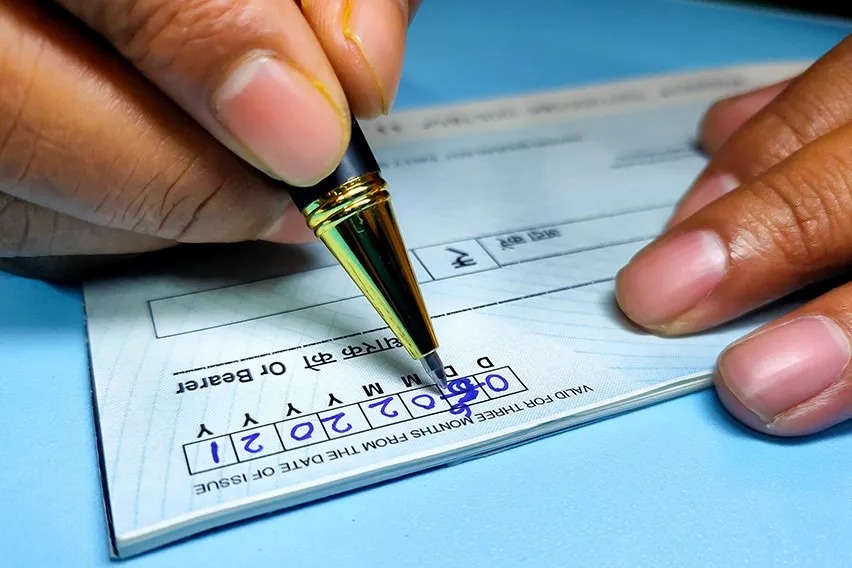
When it comes to organizing the finances for your business there can be a lot to know and understand. You want to have processes in place to pay bills, settle any debts and pay your employees. And sometimes you might need to write a cheque to or receive one from a vendor for payment.
One of the biggest challenges with a physical cheque is keeping track of where it is. It can be easy for it to get lost somewhere or thrown away with other garbage or recycling by accident. Plus, when you lose a cheque or take too long to deposit it, it can turn into a stale-dated cheque.
Writing a cheque means that you’re asking your bank or financial institution to take money out of your account and transfer it somewhere else. But there are a few things to keep in mind and consider if you need to pay by cheque.
Make sure you allow more than enough time for the cheque to reach the appropriate person, vendor or merchant. This is especially important to make sure you make payment by the due date if you’re mailing the cheque. You also want to make sure that there’s enough money in your account to help avoid any extra fees.
Let’s take a closer look into what a stale-dated cheque is and how they work.
Here’s What We’ll Cover:
Definition of Stale-Dated Cheque
How to Accurately Write a Cheque
Other Things to Know About Cheques
Definition of Stale-Dated Cheque
Cheques are becoming less and less common to make or receive payments. Not only are they easy to lose, but it can take longer for funds to reach the right account with a physical cheque. This is where you might run into a situation with a stale-dated cheque.
Banks and financial institutions consider a cheque to be stale-dated when it becomes too old, which is usually after six months. However, there is a longer time frame when it comes to a Government of Canada cheque or a certified cheque. This doesn’t mean that a stale-dated cheque is invalid, it just means that it’s deemed an irregular bill of exchange.
When this happens the only way to accurately process the cheque is if the cheque writer or issuer changes the date or issues a new cheque that’s up-to-date. Banks aren’t obligated to honour a cheque that’s older than six months, but they can.

Can a Certified Cheque Be Stale-Dated?
A certified cheque is a personal cheque from your bank account. You draw this cheque against your account and you have the bank guarantee the cheque. Once it’s certified, your bank will back the cheque writer or issuer as genuine. This means that they know that you are going to have enough funds in your account to cover the overall cost of the cheque that’s getting sent.
A certified cheque basically guarantees that there are enough funds in the account for the cheque to get deposited. The receiver won’t have to worry about the cheque bouncing. And a certified cheque can be similar to a cashier’s cheque.
The biggest difference is that when you issue a cashier’s cheque, your bank is going to take funds from the purchaser. They will then issue the cheque on the purchaser’s behalf. And since the bank is going to receive the funds upfront there’s no worry about receiving and dealing with a bad cheque.
A bank or financial institution is required to cash certified cheques and cashiers cheques even if they’re more than six months old.
How to Accurately Write a Cheque
Not only can cheques be easy to lose, but one small error here or there can increase the chances of a cheque become stale-dated. You might have to issue a new cheque if that happens which can increase the time it takes for the receiver to deposit it. Here are the steps to take to accurately write a cheque.
Include the Proper Date
The very first thing you should do when filling out a cheque is to enter the correct date. This is important when it comes to depositing cheques. For example, if you write a cheque for a date in the future, the bank won’t cash it or deposit it until that date comes. The reason for this is to make sure that your accounts have the right funds available for the cheque you’re issuing.
Specify Who the Cheque Is For
It’s important to make sure that you spell the recipient’s name properly on the cheque. And, it’s equally important to make sure the name you’re writing in the Pay To section matches the name on the bill itself. Your bank uses this information to confirm identification if the cheque becomes stale-dated or bounces.
Include the Right Amount
You are going to include the amount of the cheque in two separate ways: as a numerical amount and as a written amount. The written amount must match the numerical amount exactly. If there are any errors or discrepancies then this can cause extra delays.
Include Your Signature
Simply put, if you don’t sign your cheque then the bank won’t deposit it or cash it. This is regardless if all the information you have included on the cheque is correct and accurate. Basically, including your signature is giving permission for the recipient to cash it.
Write a Memo
Including a memo on your cheque isn’t always necessary, but it can be helpful. It can contribute to better bookkeeping and accounting processes by keeping everything organized. A memo kind of serves as a reference for what you are providing the cheque for.
Other Things to Know About Cheques
While cheques aren’t as common today as they once were, it’s still worth knowing some of the different types. Understanding how they work can let you avoid paying extra fees and will only benefit your accounting processes.
Non-Sufficient Funds (NSF) Cheques
The most important thing when issuing a cheque is to make sure there are enough funds in your bank account to cover the amount. Your financial institution will most likely charge a non-sufficient funds fee if you don’t have enough funds in your account. This situation is most commonly referred to as cheque bouncing.
And, if the cheque doesn’t go through because you have insufficient funds, you might have to pay extra interest or a chargeback fee. It might be worth checking with your bank or financial institution to get a better sense as to the fees you could get charged.
Stop Payments
What do you do if a cheque gets lost, has an error or gets stolen? A stop payment can help stop the vendor, merchant or person from cashing it. Make sure you check with your bank, as not all financial institutions offer stop payments.
There’s usually an extra fee for using the stop payment service. But, if you need to request a stop payment you are going to need to provide a little bit of information. You will need to provide:
- The cheque number
- The exact amount of the cheque, in dollars and cents
- The name of the merchant or person that’s on the cheque
- The date that’s including in the cheque
In order for stop payments to work, you’re going to have to give your bank enough time to process them. As well, it’s worth noting that if a stop payment doesn’t work for some reason, you’re still responsible for the total amount of the cheque.

Counter-Signed Cheques
Sometimes you might need to sign a cheque over to allow someone else to deposit it. This is considered a counter-signed cheque. These can get cashed by someone other than the named person on the front of the cheque. All you need to do is have them sign the back.
To protect you from someone depositing a cheque without your permission, include a note that states “for deposit only to the account of payee”.
Post-Dated Cheques
A post-dated cheque is a cheque that can’t get deposited before the specified date. If for some reason your bank deposits a post-dated cheque too early, you will need to resolve the situation with them. You can ask if they can put the money back into your account and the request needs to be made before the cheque’s due date.
Dishonoured Cheques
Dishonoured cheques happen when the cheque doesn’t go through and ultimately can’t get paid. If a cheque is dishonoured, it will get returned back to your bank or financial institution and there are few reasons for this. You might have non-sufficient funds in your bank account or the signature might be incorrect. Or, there’s a difference in the numerical and written amounts.
Key Takeaways
Even though cheques aren’t as common as they once were, they’re still used and there can be some important things to know. And one of those things is stale-dated cheques. Your bank or financial institution considers a cheque to be stale-dated when it becomes too old, which is usually after six months.
If you find out that someone can’t cash the cheque you issued because it’s stale-dated, ask for the original cheque back before issuing a new one. And as mentioned, a cheque gets considered stale-dated after six months. However, this isn’t the case if it’s a certified cheque or a Government of Canada cheque.
The best thing that you can do is keep track of all the cheques you have issued, and make a note of whether or not they have been cashed or not. This will help you stay on top of your bookkeeping and accounting processes. Plus, it will help make sure that if a cheque is stale-dated you will have enough funds to cover it.
Did you enjoy reading this guide? Head on over to our resource hub for more great content!
RELATED ARTICLES

 Employment Overtime Pay: Everything You Need to Know
Employment Overtime Pay: Everything You Need to Know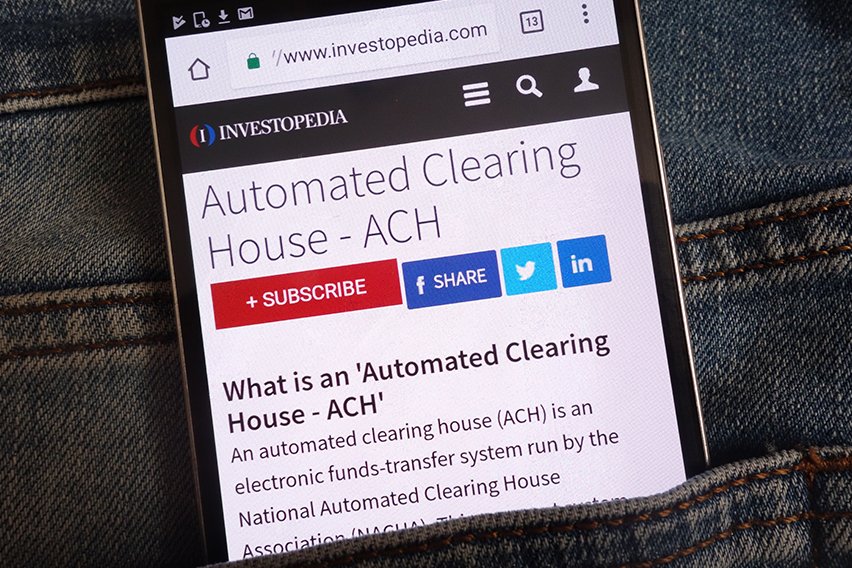 ACH Transfer: What Is It and How Does It Work?
ACH Transfer: What Is It and How Does It Work?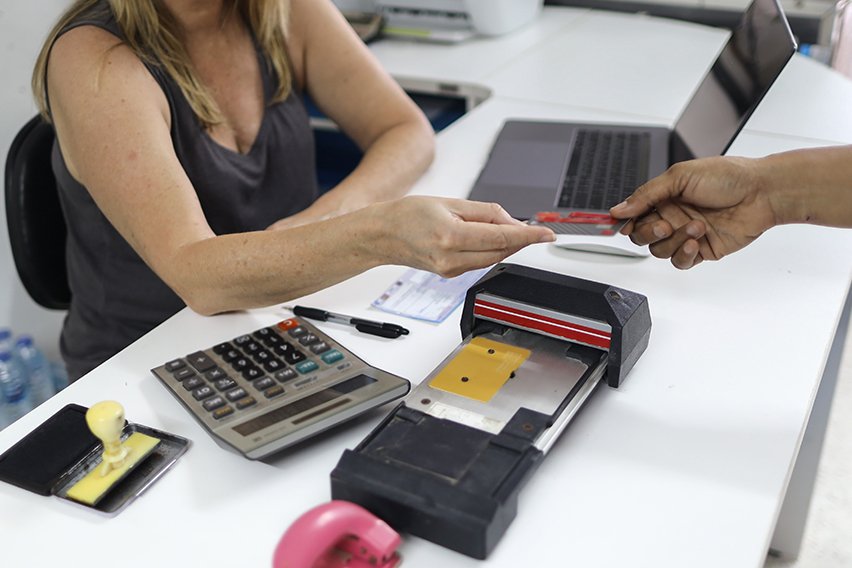 How to Pay Using Pre-Authorized Debit? A Beginner’s Guide
How to Pay Using Pre-Authorized Debit? A Beginner’s Guide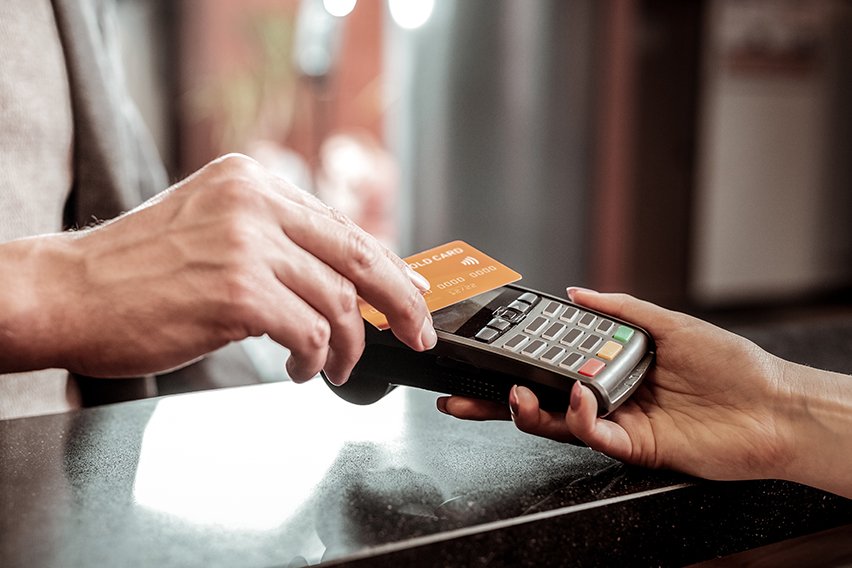 What Is Retroactive Pay?
What Is Retroactive Pay? Payment Processor: Overview and Top 5 Picks for 2025
Payment Processor: Overview and Top 5 Picks for 2025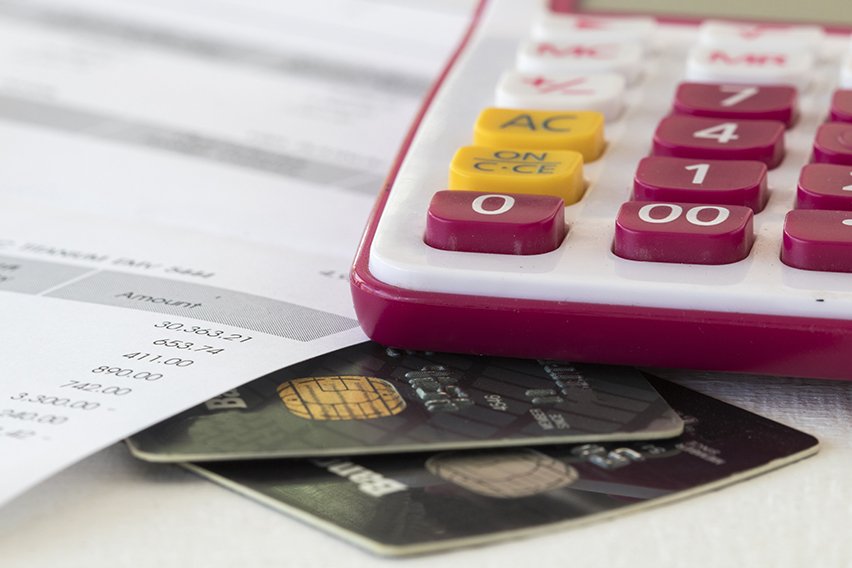 Credit Vs Debit Card: What’s the Difference?
Credit Vs Debit Card: What’s the Difference?